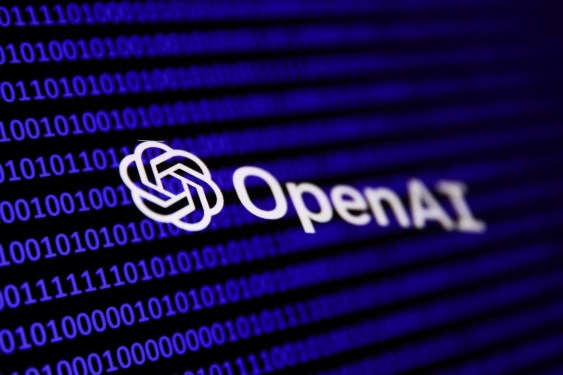AI Empowered: OpenAI Unveils Codex CLI, A New Frontier in Local Coding

In an exciting development in the realm of artificial intelligence, OpenAI has introduced Codex CLI, a groundbreaking coding tool designed to run directly from terminal software. This innovative “agent” aims to seamlessly integrate AI capabilities into the programming process, enhancing the efficiency and effectiveness of code management.
Unveiled alongside OpenAI’s latest AI models, including o3 and o4-mini, Codex CLI allows users to harness the power of OpenAI’s sophisticated models to write, edit, and perform local computing tasks. This includes essential functions such as moving files and potentially more complex coding operations in the future.
The launch of Codex CLI marks a significant step towards realizing OpenAI’s vision for an “agentic software engineer,” which was articulated by the company’s CFO, Sarah Friar. This concept involves a suite of tools that could autonomously create applications from scratch based on project descriptions, coupled with robust quality assurance testing. While Codex CLI does not yet encompass this full capability, it is designed to connect OpenAI’s models with command-line interfaces, laying the groundwork for future advancements.
As an open-source project, Codex CLI presents a lightweight solution that maintains transparency for developers. An OpenAI representative highlighted this, stating, “Codex CLI provides users with a minimal interface that links AI models directly with their coding tasks, allowing for enhanced productivity.”
Furthermore, OpenAI emphasizes the multimodal reasoning capabilities enabled through Codex CLI, where users can provide inputs like screenshots or sketches to enhance the model’s comprehension of coding tasks. This multimodal approach positions Codex CLI as a versatile tool in the AI coding landscape.
To encourage adoption, OpenAI plans to distribute $1 million in API grants to eligible software development initiatives, with $25,000 in API credits available for selected projects. This financial backing could help cultivate innovation and further demonstrate the tool’s potential within the developer community.
However, it is crucial to acknowledge the inherent risks associated with AI-powered coding tools. Numerous studies have indicated that AI models can struggle with fixing security vulnerabilities and correcting bugs in generated code. Thus, developers are advised to exercise caution when entrusting AIs with sensitive projects or systems, ensuring robust oversight is in place.
In conclusion, the introduction of Codex CLI signifies a vital advancement in AI-assisted coding, opening doors for developers to explore the future of programming. With ongoing improvements and the potential for greater capabilities, Codex CLI stands to transform how coding tasks are approached, ultimately reshaping the landscape of software development.
